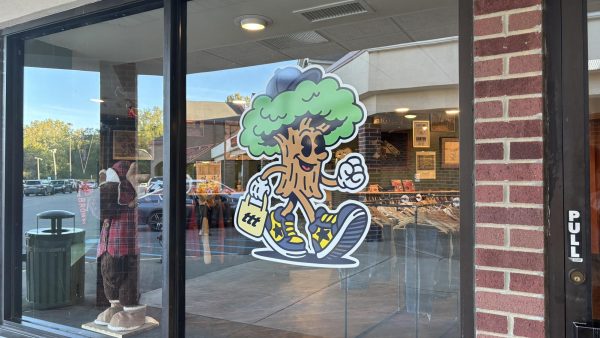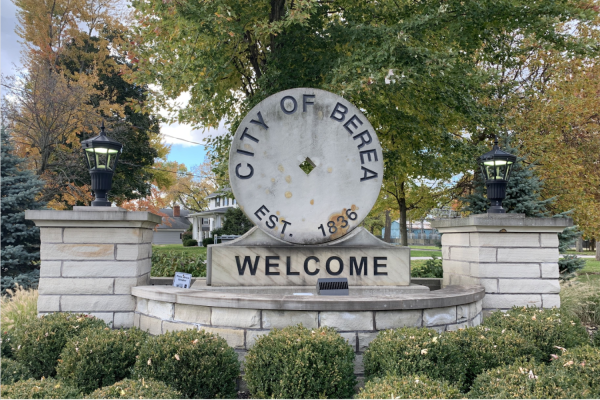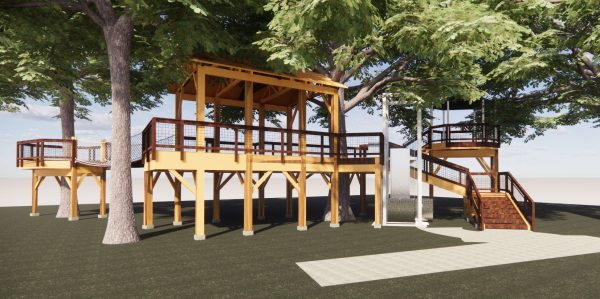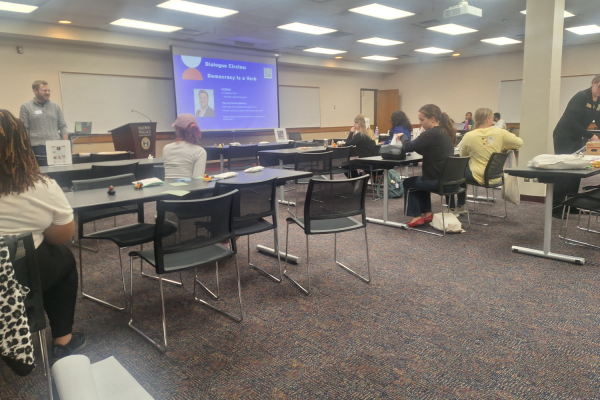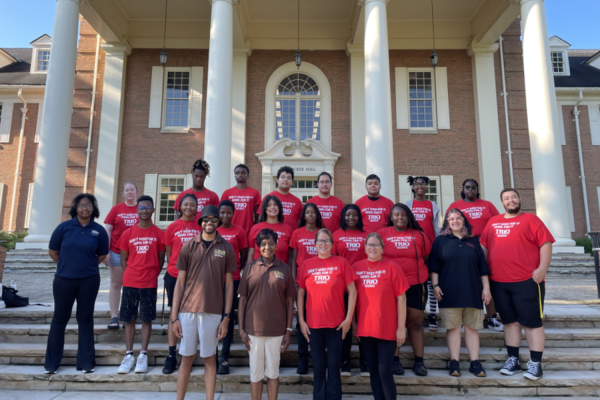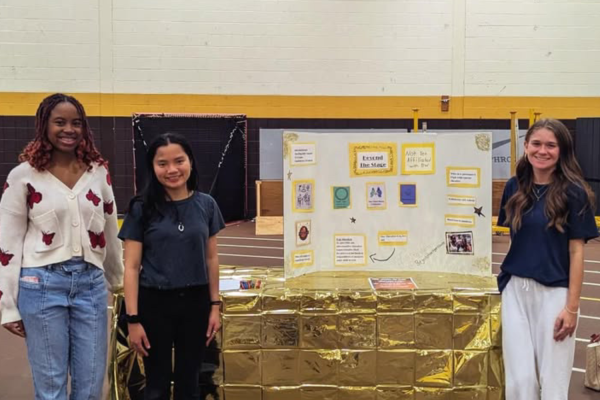Gender non-conforming students express concerns over comfort and safety on campus, urge greater inclusivity
While Baldwin Wallace University has taken steps to support gender non-conforming students, such as giving them the option to change one’s preferred name and add one’s pronouns onto Canvas, according to some students, those steps have not led to fully feeling safe within the campus community.
While Baldwin Wallace University has taken steps to support gender non-conforming students, such as giving them the option to change one’s preferred name and add one’s pronouns onto Canvas, according to some students, those steps have not led to fully feeling safe within the campus community.
Senior Hazelyn Smith and sophomore Charlie Schalk both said they have experienced microaggressions on BW’s campus. Microaggressions are statements, actions, or incidents of indirect, subtle or unintentional discrimination against members of a marginalized group.
Schalk, who uses they/them pronouns, specifically said that they often are given dirty looks for correcting people when being misgendered – or referred to using incorrect pronouns – on campus.
Schalk once overheard someone in Ritter Library referring to the gender-inclusive bathroom with a slur directed at transgender people.
“It immediately took me out of studying,” Schalk said. “I felt unsafe.”
Hazelyn Smith, who uses both he/him and they/them pronouns, believes that most people aren’t even aware that they are making these harmful comments. “Cisgender people usually don’t realize because they aren’t as focused on gender,” Hazelyn Smith said.
Contrastingly, Kaitlin Smith, a sophomore who uses she/they pronouns, says that she has experienced people on campus purposefully misgendering her when the person is upset with them.
While there are specific places or groups on campus that make many gender non-conforming students feel safe, there are some places or groups that cause the students to feel more uncomfortable.
Schalk said they feel less safe in the Lou Higgins Rec Center and around the baseball team and the men’s lacrosse team. Hazelyn Smith said they have their guard up around male athletes, business majors and certain fraternities.
Sophomore Rachel McElwain, who uses they/them pronouns, says that they are just careful when in new or unfamiliar environments, but they don’t necessarily feel unsafe.
Schalk and Hazelyn Smith both expressed disappointment that there are no gender-neutral bathrooms in Lou Higgins Recreation Center and that there are only gendered areas for students to change. Hazelyn Smith also noted the lack of a gender-neutral bathroom at Malicky Center for Social Sciences, which is the building that houses their major.
Kaitlin Smith suggested ways that could make students feel safer and more comfortable on campus: to correct people when they use incorrect pronouns for someone and to not be defensive when you yourself are being corrected.
“Misgendering on accident happens, just move on and be respectful,” Kaitlin Smith said.
Similarly, Hazelyn Smith said that students should use the right name and pronouns for their peers and that they should ask if they are unsure instead of just guessing. He also wants to see more inclusive language and activities on campus from their fellow students.
Schalk urged students to be more open-minded toward their peers.
“Respect them, even if you don’t understand,” Schalk said.
The Exponent is looking for financial contributions to support our staff and our newsroom in producing high-quality, well-reported and accurate journalism. Thank you for taking the time to consider supporting our student journalists.





























